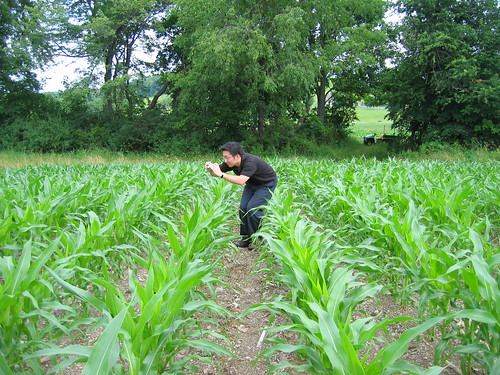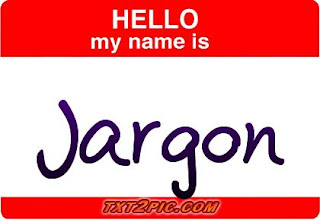
Recently, the IPA blog and the Ghana Diary blog brought up an interesting discussion about the term “in the field.” They questioned its appropriateness. The core of the argument was that the phrase creates a sense of otherness. Specifically, if you’re a local partner in a development project, how do you feel when your own home is referred to as “the field”? What does that say about the true nature of your partnership?
I think I agree with Noompa at Ghana Diary. It’s hard to disagree with the scenario that he lays out: it is alienating in the word’s truest sense to hear your own territory referred to as the intimidating unknown.
It has always seemed silly to me when people refer to my own “field experience.” I’ve spent eight out of the last ten years of my life living in Central Asian capitals. I’ve spent more of my adult life in Tashkent than any other city. And let me stress that I have been living in capitals. I’ve been in houses and apartments, often nicer than anything I lived in as a grad student. I’ve had heat, hot water, and even air conditioning on a mostly-regular basis. DC felt a whole lot more like roughing it than Central Asia ever has.
Calling time in the developing world “field time” implies two things to me: that it is temporary, and that it is difficult. Both of those are often false.
But is “the field” a problematic term that serves a useful purpose? Are there other, better ways to convey the idea? I think there are. I suspect it’s one of those catch-all terms that serves less purpose than we think.
I mentioned a while ago that I no longer use the word “beneficiaries” unless I am contractually obligated to do it. It has been a hard transition, as a writer. There’s no real synonym for beneficiaries. Instead, every time I am writing, I have to stop and think about who the person or group I am referring to really is. Someone who has benefited from an intervention? Partner NGO? A physician we trained? It takes time, but I think the thought and effort has made me better at what I do.
Dumping the term “field” might work the same way. Julian Jamison’s field research in North Gulu has nothing to do with my cushy life in Dushanbe or Ashagabat. Lumping the two things together is intellectually lazy. Doing the work to think of better vocabulary wouldn’t hurt.
So, for me, it comes down to this question: is there a non-lazy use for the term “in the field”? If so, what is it?
————-
Chosen because it’s a field, and it’s in upstate New York, where I grew up.





